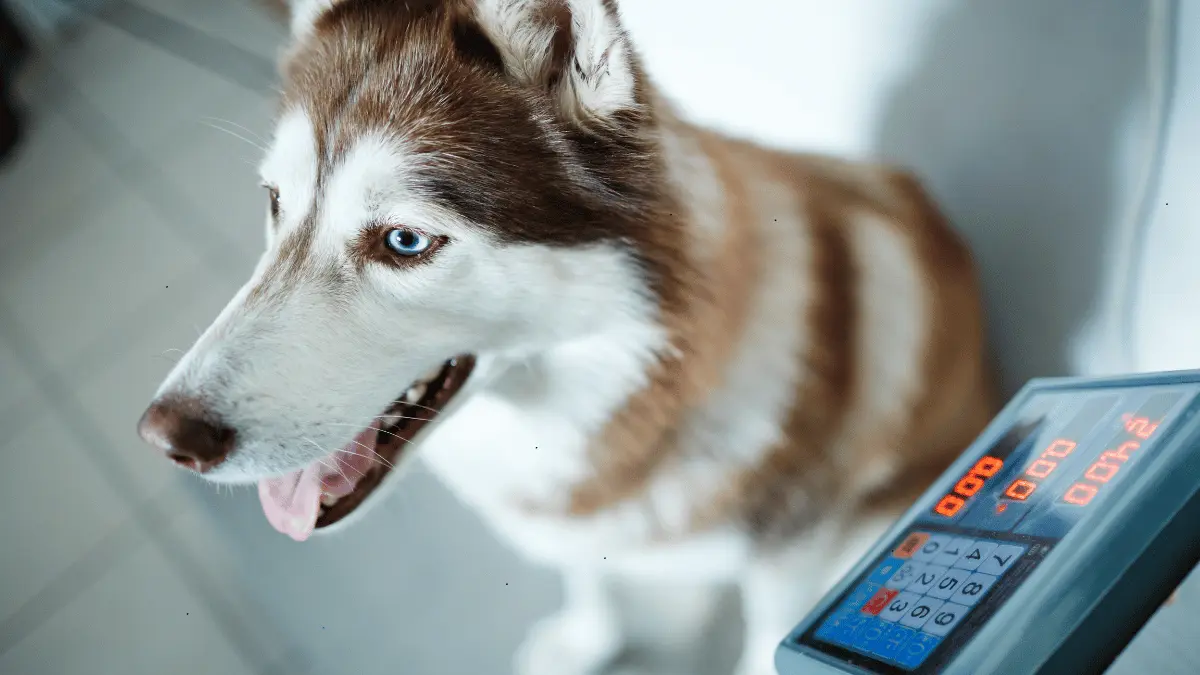All You Need To Know About Bleeding Disorder In Dogs
Bleeding disorders in dogs can be a serious health concern. While some are inherited, others can be caused by underlying health conditions or medications. Understanding the signs, causes, and treatments can help you identify and address any issues your dog may be experiencing.
Common Types of Bleeding Disorders in Dogs
- Von Willebrand Disease (vWD): This is the most common inherited bleeding disorder in dogs. It is caused by a deficiency in von Willebrand factor, a protein that helps blood clot.
- Hemophilia: This is a rare hereditary disorder characterized by a deficiency in clotting factors. Dogs with hemophilia may experience excessive bleeding from minor injuries.
- Acquired Bleeding Disorders: These can be caused by various factors, including liver disease, kidney disease, certain medications, and infections.
Signs of Bleeding Disorders in Dogs
- Excessive bleeding from minor cuts or injuries
- Nosebleeds
- Bleeding gums
- Bruising easily
- Internal bleeding (which can be difficult to detect)
Diagnosis and Treatment
If you suspect your dog has a bleeding disorder, it’s important to consult with a veterinarian. They will conduct a physical examination, blood tests, and possibly additional tests to determine the underlying cause.
Treatment for bleeding disorders will depend on the specific condition and its severity. It may involve:
- Medication: To help blood clot or treat underlying conditions
- Surgery: In some cases, surgery may be necessary to control bleeding or address other health issues
- Supportive care: This may include blood transfusions, fluid therapy, and pain management
Prevention and Home Care
- Regular veterinary check-ups: Early detection can help prevent complications.
- Avoid unnecessary medications: Some medications can contribute to bleeding disorders.
- Prevent injuries: Keep your dog away from hazards that could cause injuries.
- Monitor for signs of bleeding: If you notice any unusual bleeding, contact your veterinarian immediately.
Keywords: bleeding disorder in dogs, von willebrand disease, hemophilia, acquired bleeding disorder, dog health, veterinary care, canine health, pet health, animal health














